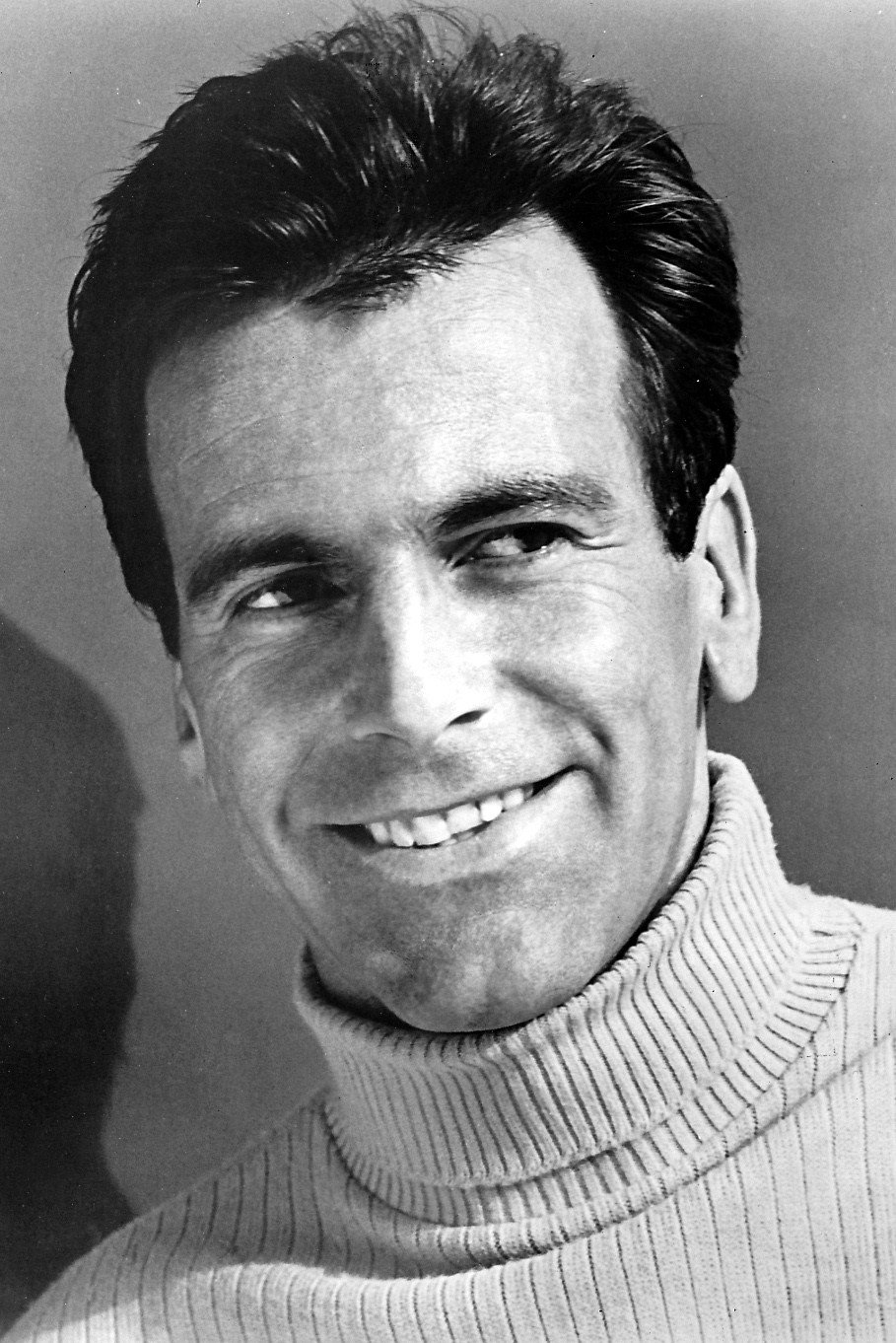
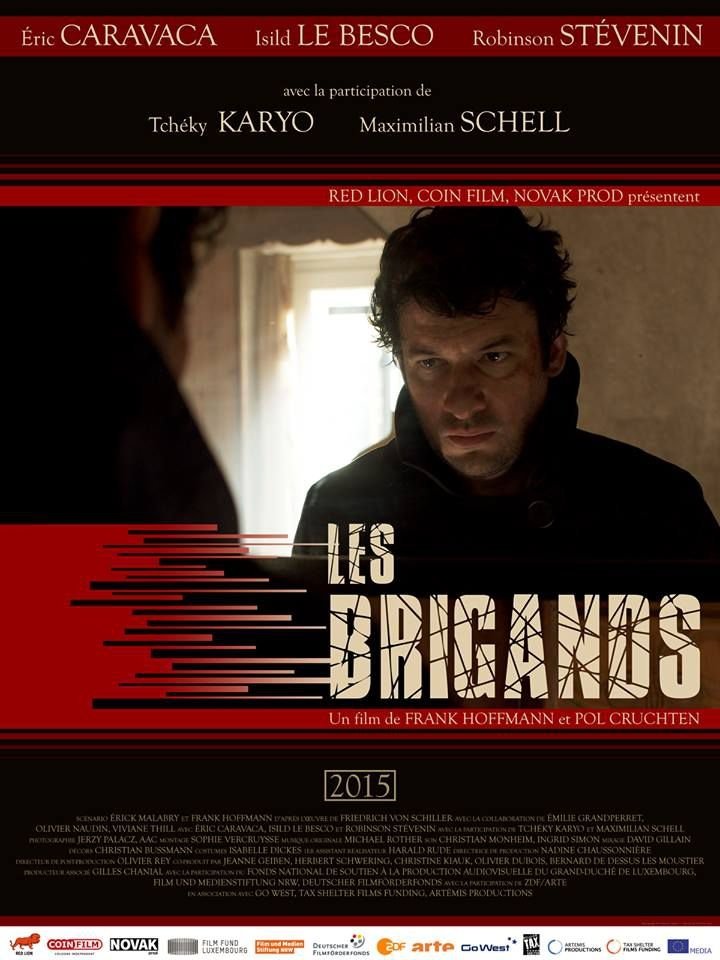
Karl Escher, the son of a prominent banker, was accused of embezzlement and forgery at the bank and went to prison for three years. After his release, he seeks revenge against his brother Franz, whom he believes to be the real culprit.
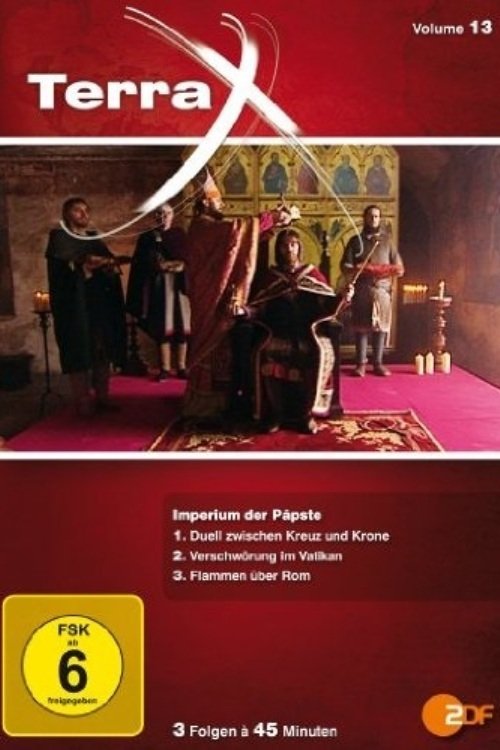
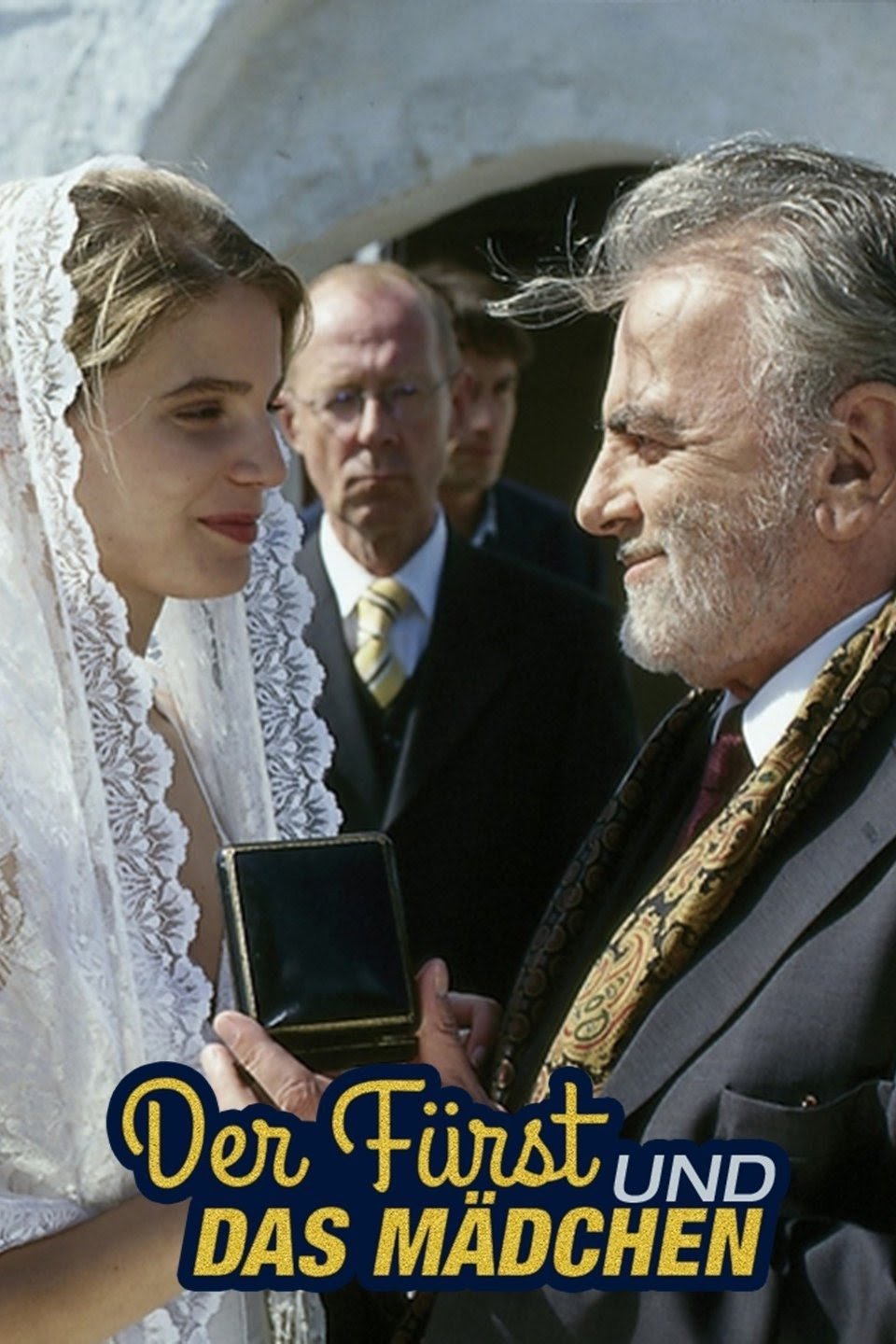

Joan of Arc is born in 1412 in the village of Domrémy in the war zone of Northern France. During her youth she often witnesses the horrors of war, but her spirit is kept high by the legend of the Maiden of Lorraine. This says that a young maiden one day will unite the divided country and lead the people to freedom.
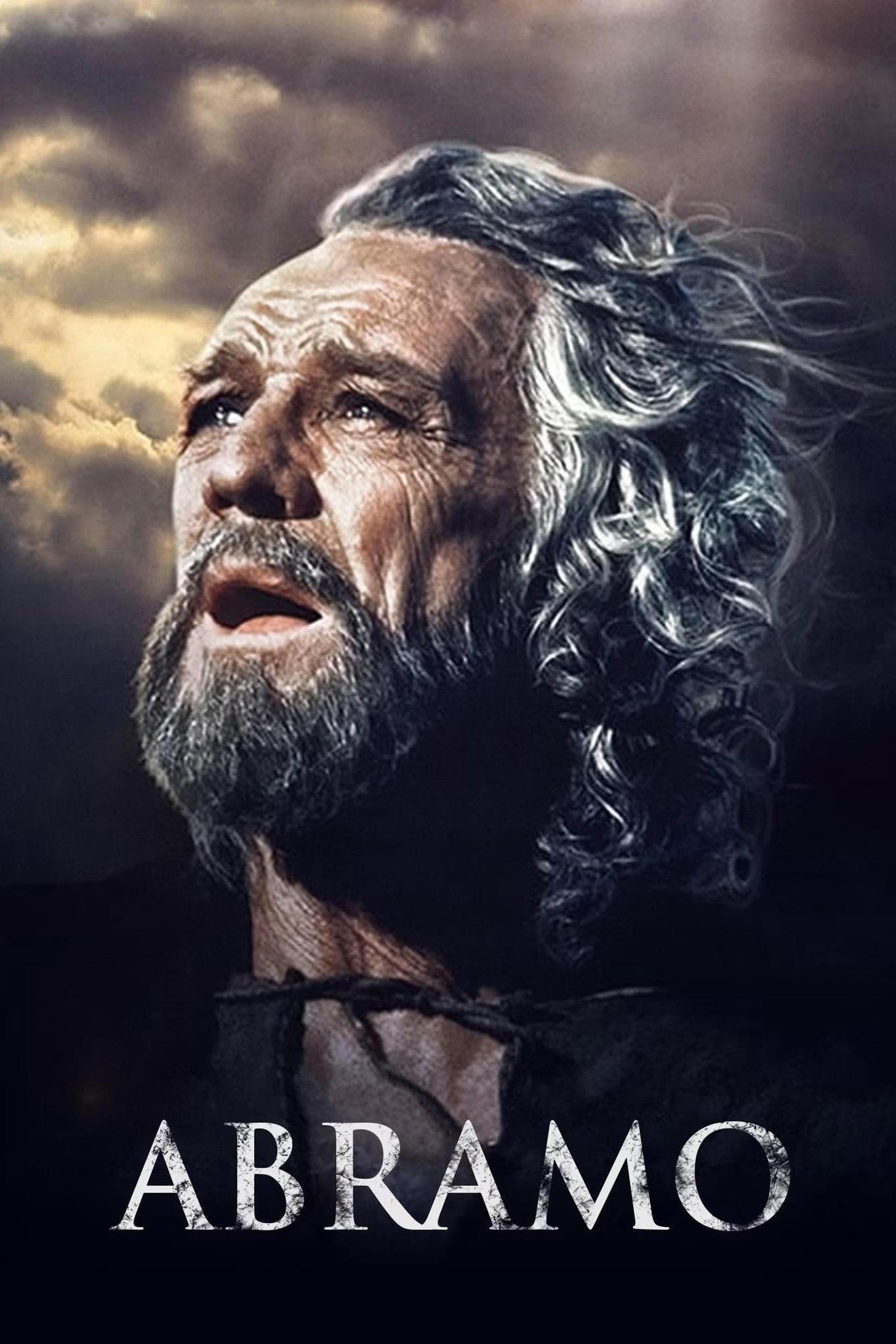
The life of Abraham, the most tested servant of God and the father of Judaism, spanning from the patriarch's quest for the Promised Land to the sacrifice of his son, Isaac.
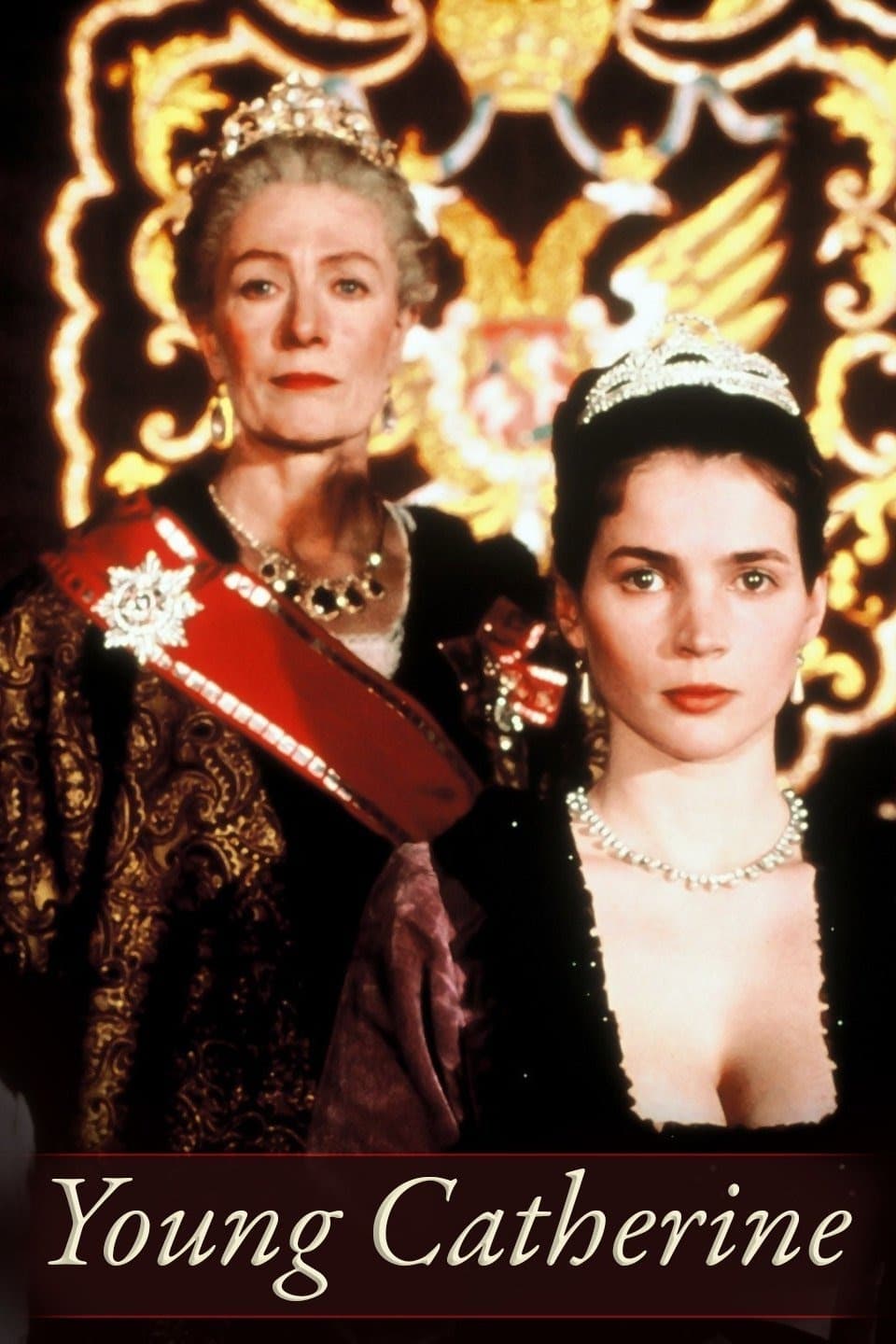
A Prussian princess is chosen to marry the heir to the Russian Throne, but faces plots and intrigues against her.
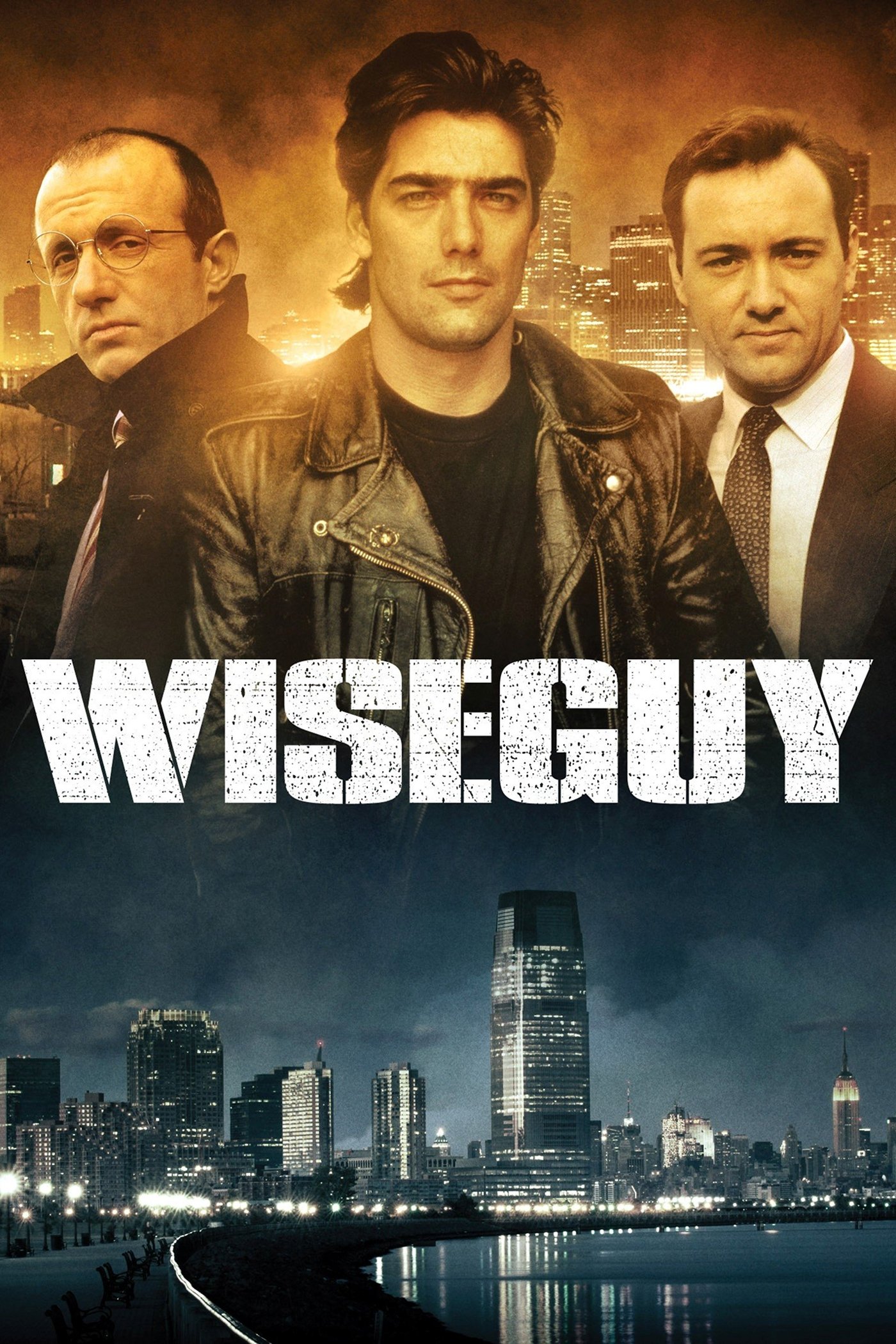
Vinnie Terranova does time in a New Jersey penitentiary to set up his undercover role as an agent for the OCB (Organized Crime Bureau) of the United States. His roots in a traditional Italian city neighborhood form the underlying dramatic base throughout the series, bringing him into conflict with his conservative mother and other family members while acting undercover as syndicate enforcer.
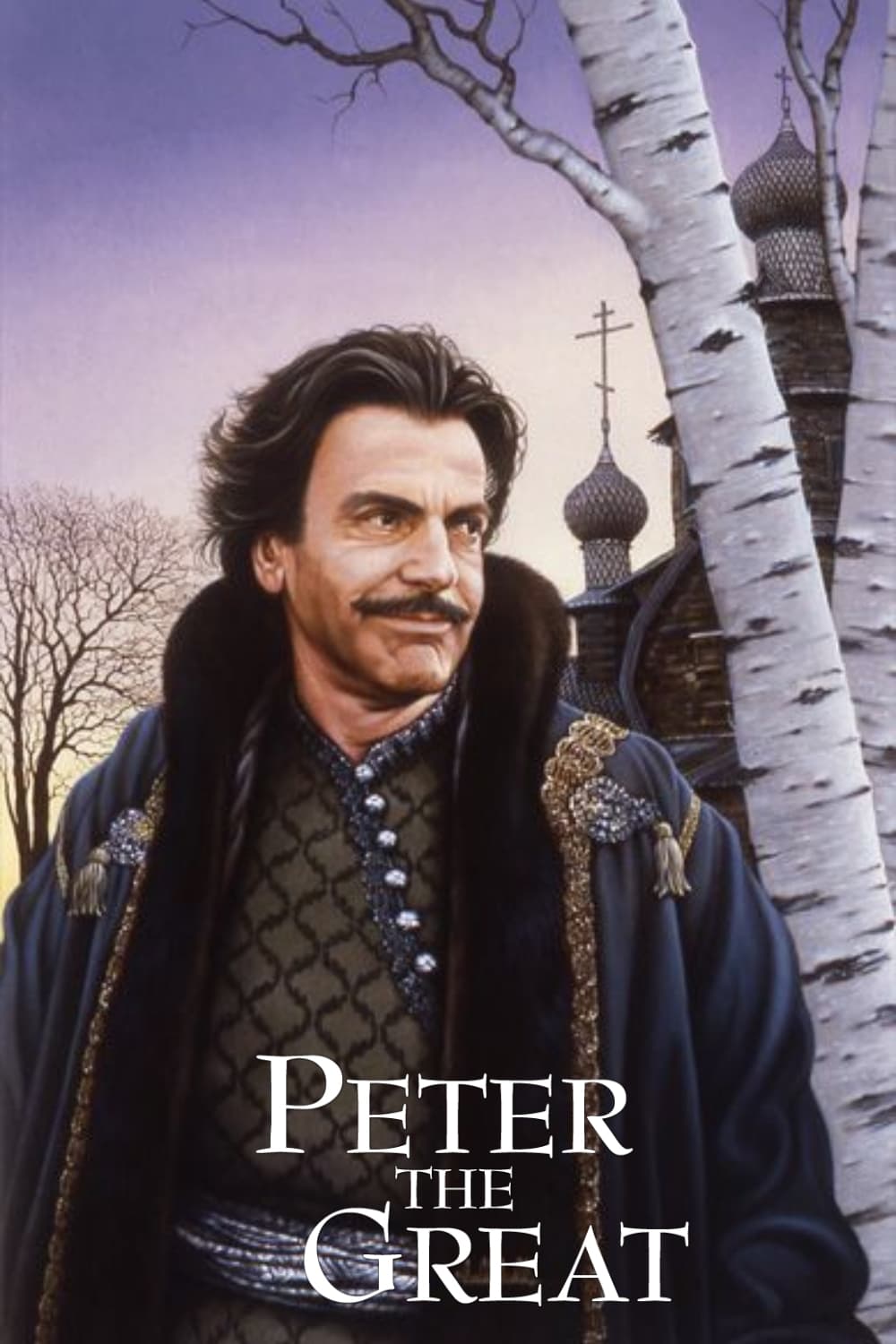
Peter the Great is a 1986 NBC television mini-series starring Maximilian Schell as Russian emperor Peter the Great, and based on the biography by Robert K. Massie. It won three Primetime Emmy Awards, including the award for Outstanding Miniseries.
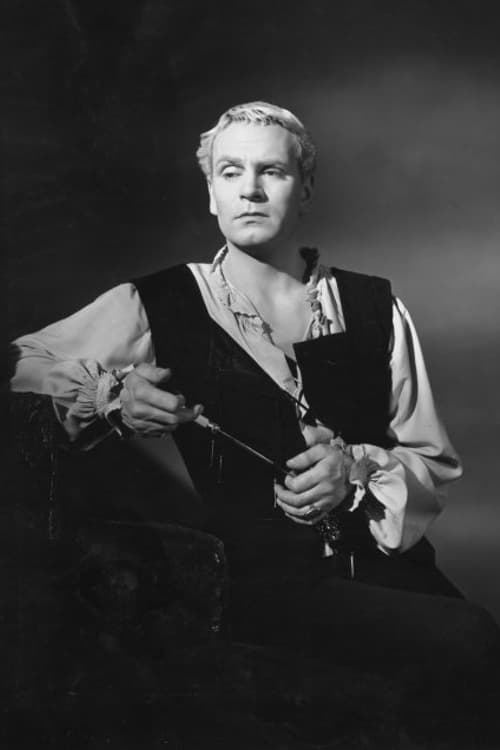
Documentary examination of the role of Hamlet, in which ten prominent actors who have played the part discuss Hamlet's personality, Shakespeare's play, and the enduring popular fascination it has inspired. The actors interviewed are Laurence Olivier, John Gielgud, Richard Burton, Nicol Williamson, Ben Kingsley, Jean Louis Barrault, Vittorio Gassman, Maximilian Schell, Innocenti Smoktunovsky, and Mandy Patinkin. Includes excerpts from various film and television versions of Hamlet, featuring these actors and others.
Maximilian Schell (8 December 1930 – 1 February 2014) was a Swiss actor. Born in Austria, his parents were involved in the arts and he grew up surrounded by performance and literature. While he was still a child, his family fled to Switzerland in 1938 when Austria was annexed by Nazi Germany, and they settled in Zürich. After World War II ended, Schell took up acting and directing full-time. Schell won the Academy Award for Best Actor for playing a lawyer in the legal drama Judgment at Nuremberg (1961). He was Oscar-nominated for playing a character with multiple identities in The Man in the Glass Booth (1975) and for playing a man resisting Nazism in Julia (1977). Fluent in both English and German, Schell earned top billing in a number of Nazi-era themed films. He acted in films such as Topkapi (1964), The Deadly Affair (1967), Counterpoint (1968), Simón Bolívar (1969), The Odessa File (1974), A Bridge Too Far (1977), and Deep Impact (1998). On television, he received two Primetime Emmy Award nominations for the NBC film Miss Rose White and the HBO television film Stalin (1992), the later of which earned him the Golden Globe Award for Best Supporting Actor – Series, Miniseries or Television Film. He also portrayed Otto Frank in the TV film The Diary of Anne Frank (1980), the Russian emperor Peter the Great in the NBC series Peter the Great (1986), Frederick the Great in the British series Young Catherine (1991), and Brother Jean le Maistre in the miniseries Joan of Arc (1999). Schell also performed in a number of stage plays, including a celebrated performance as Prince Hamlet. Schell was an accomplished pianist and conductor, performing with Claudio Abbado and Leonard Bernstein, and with orchestras in Berlin and Vienna. His elder sister was the internationally noted actress Maria Schell; he produced the documentary tribute My Sister Maria in 2002. Description above from the Wikipedia article Maximilian Schell, licensed under CC-BY-SA, full list of contributors on Wikipedia.
By browsing this website, you accept our cookies policy.